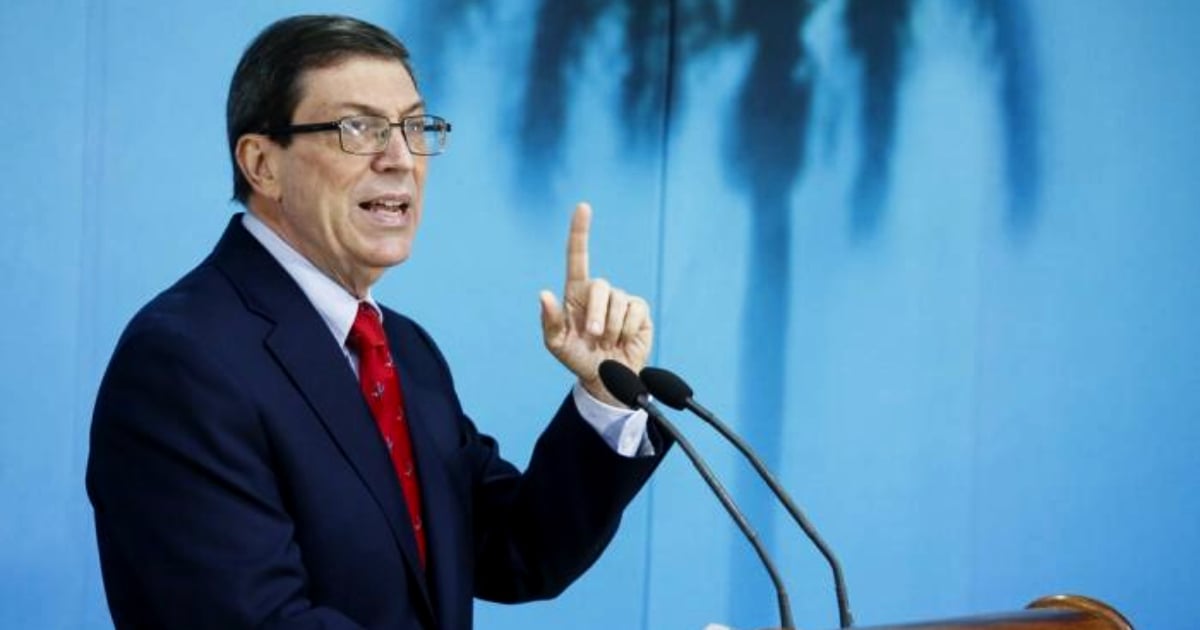The Cuban regime, through its Ministry of Foreign Affairs, has issued a strong condemnation of the recent Israeli airstrikes in Lebanon and Syria. These bombings occurred in areas close to Cuban diplomatic sites in Beirut and Damascus. The statement denounces the Israeli actions as a "blatant violation of International Law and International Humanitarian Law."
The Ministry's declaration specifically criticizes the November 14 airstrike on Damascus's Mezzeh residential neighborhood, which houses United Nations offices and diplomatic missions, including the Cuban representation. Additionally, it condemns the daily bombings in Beirut's southern suburb near Hazmieh, where another Cuban diplomatic site is located.
The Cuban Foreign Ministry has called upon the UN Secretary-General and the Security Council to fulfill their "primary responsibility for maintaining international peace and security." It also urged the UN General Assembly to intensify efforts for an immediate ceasefire and to prevent further escalation of the conflict.
Beyond condemning the Israeli military operations, the Cuban government reiterated its traditional narrative against Israel, labeling it as an "Occupying Power." It accused Israel, with U.S. support, of committing "genocide against the Palestinian people" and destabilizing the Middle East. The regime accused Washington of providing military, political, and logistical support, which it claims fosters a "dangerous escalation compromising regional and international stability."
In line with its foreign policy, the Cuban regime reaffirmed its solidarity with "aggressed" nations and supported the establishment of an independent Palestinian state with pre-1967 borders and East Jerusalem as its capital. It also urged for Palestine's full membership in the UN.
This stance is unsurprising given Cuba's historical support for groups like Hamas and Hezbollah, as well as its close ties with Iran, the primary sponsor of these regional actors. In late September, Cuban leader Miguel Díaz-Canel expressed condolences over the death of Hezbollah leader Hassan Nasrallah, following an Israeli airstrike in Beirut. Similarly, in late July, Díaz-Canel mourned the death of Hamas leader Ismail Haniyeh after an attack in Tehran, where the prominent terrorist had traveled to attend the inauguration of Iran's new president, Masoud Pezeshkian.
Cuba, which did not condemn the October 7 Hamas attacks, continues to support actors opposing Israel and the United States, seen as strategic adversaries. The statement, filled with accusations against Israel, aligns with the regime's political strategy to strengthen alliances with countries and organizations opposing Western influence in the Middle East, solidifying its stance in a polarized geopolitical landscape.
